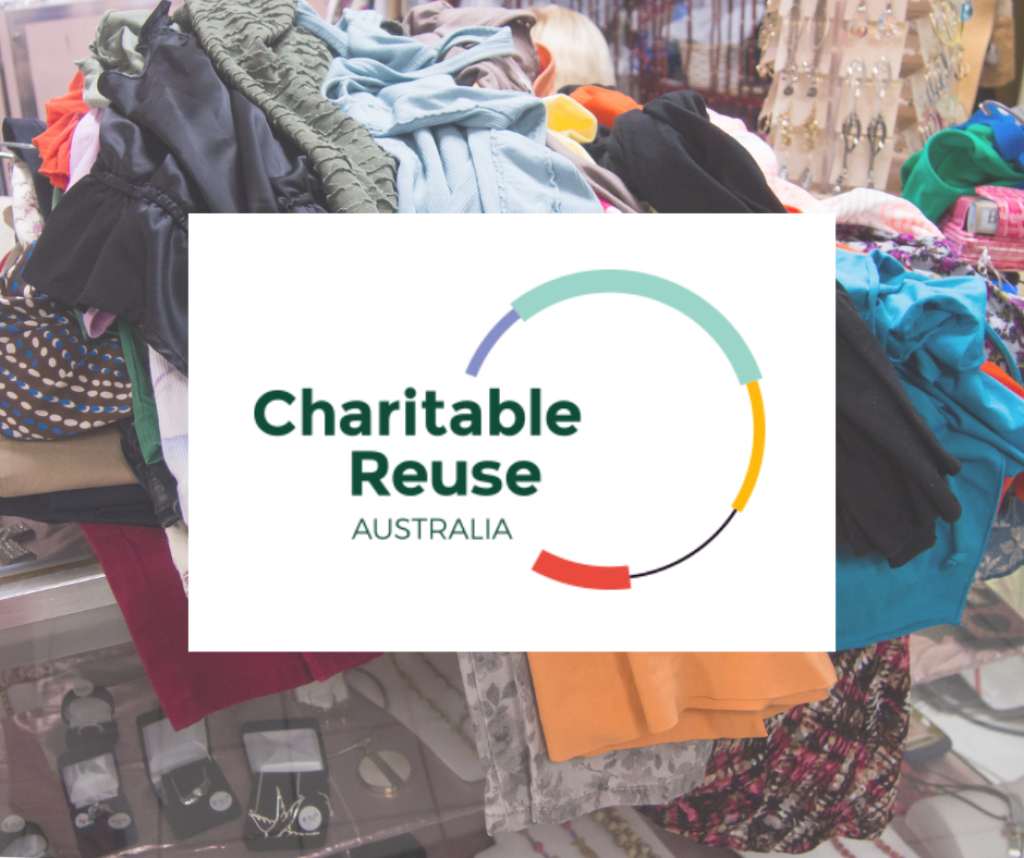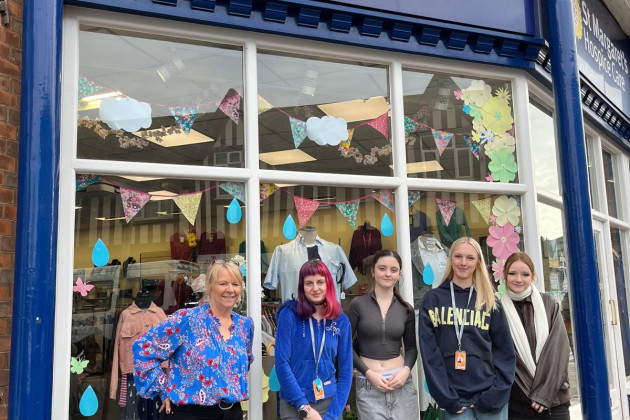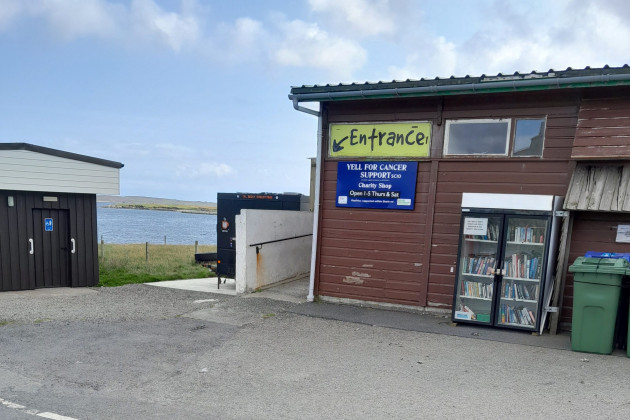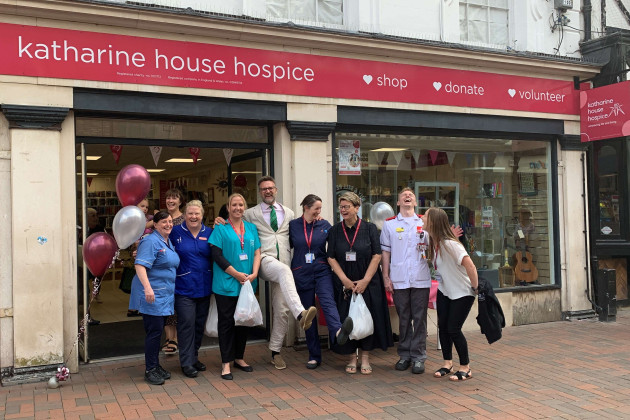
Australians saved $2 billion last year through second-hand shopping, helping to ease the cost-of-living crisis according to new national data for the reuse sector.
Charitable Reuse Australia partnered with the NSW, Tasmanian and South Australian Governments to produce three detailed reuse impact studies. These were then extrapolated by population to create the first comprehensive national assessment of the environmental, social and economic benefits of reuse.
This research estimates reuse activity for op stops, social enterprises, second-hand clothing stores, rent-a-racks and commercial collectors/exporters.
The findings show reuse is providing substantial financial relief to households, highlighting the vital role that op shops and second-hand goods play in reducing expenses, while also delivering job opportunities, and fundraising for charity social programs to support Australians in need.
Reuse is also accelerating Australia’s transition to a circular economy, saving 1.4 million tonnes of CO2 emissions, equivalent to removing 585,000 passenger vehicles from the road.
Other key findings estimate op shops and reuse organisations have:
Rehomed 390 million second-hand items, including reuse exports.
Sold 160 million items locally through op shops and reuse shops.
Sold or donated second-hand goods valued at $1 billion.
Charities reinvested $180 million from op shops into social programs.
Generated 6,300 full-time jobs including for people facing barriers.
Avoided the direct consumption of 190,000 tonnes of virgin materials.
Saved 60,000 megalitres of water, equivalent to 26,000 Olympic swimming pools.
Saved 690,000 hectares of land, equivalent to 960,000 soccer pitches
Drilling down into more detail, the estimates show:
An average item price of $5.81 for the 160 million items sold locally.
An average of 14 items reused per capita in Australia.
That reuse creates 30x more jobs than recycling per tonne of material processed.
For more information on the National Reuse Impact Estimates and the NSW and TAS Reuse Impact Studies (noting the SA Reuse Impact Study is completed but currently under GISA embargo), please click the links below:


